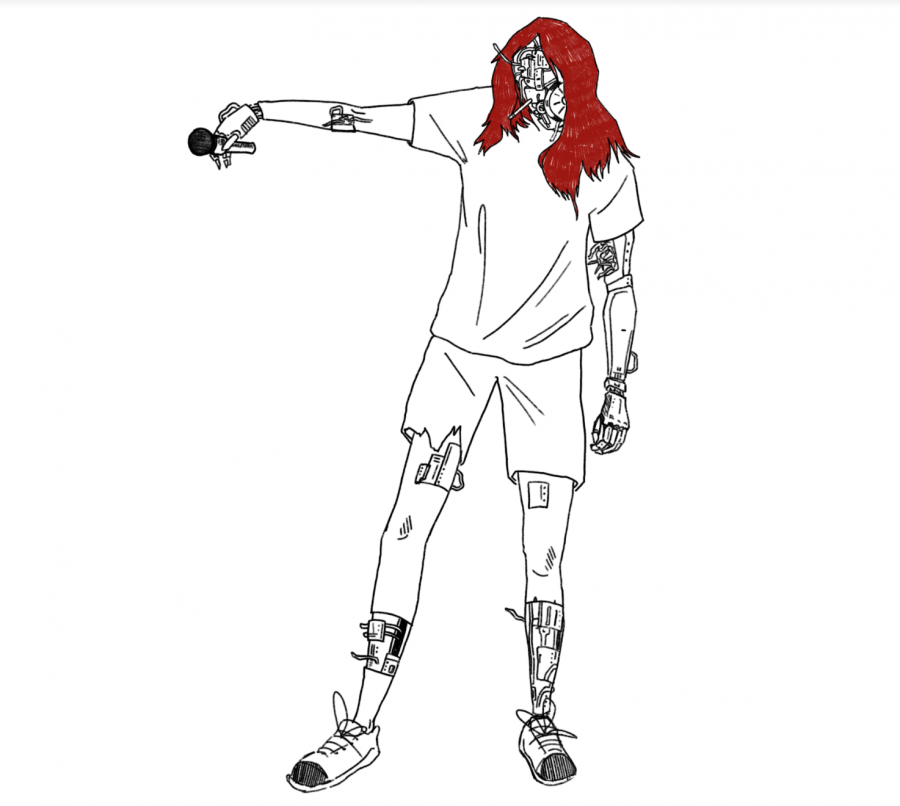Your Favorite Musician Is Not a Vending Machine
October 3, 2021
Celebrities have long been disregarded as simply human-like beings. Merely topics of discussion, they are targets of scrutiny as well as praise, unhearing and unfeeling. Celebrities—whether this be actors, musicians, or even athletes—seem to only be appreciated for a specific ability, only existing to provide a product for people to consume.
Especially while using social media, users have to constantly be reminded that, “famous people have emotions too!” These emotions are often what become translated into a piece of work for the public to experience, blurring the line between work and life.
When it comes to musical artists specifically, the listeners of their music sometimes fail to make this connection. In famous pop singer Lorde’s “73 Questions with Vogue” interview, she was asked why she felt the need to disappear between albums. “I just have to go and live my life,” she said, “so that I have stuff to write about … So it’s just sort of mooching and taking time.” As an artist’s life grows and changes, it is expected that the art they create will change with it.
It is unfair for a group of people—such as a fan-base—to expect the same formulaic outcomes in the same narrow timeframes. It is unfair to express anger or disappointment in a person for a change in perspective or tone, even if they are one of the biggest musical artists of our generation. The demanding nature of an artist’s audience takes the humanity out of an artist; it is now as if they are just a machine expected to spit out new content when needed.
As is commonly seen today, a musician’s supporters might be accustomed to songs related to their hurdles in life such as mental health struggles, substance abuse, and others. When the artist decides to switch directions and write about what they have overcome and how much happier they have be- come, it is not unusual for the artist to receive backlash from their so-called fans.
The idolization of celebrities has transformed into dehumanization. The presence of the internet and social media has made it easier for comments that may have been previously muttered under breaths in private conversations to be
displayed out in the open. In an article from Thought Catalog, Jamie Varon explores why we treat celebrities the way we do, and how it can affect us in our daily lives. She writes, “Celebrities are nothing except for projections of who we think
has more of what we want… Our blatant and continual resistance to understanding other people, no matter their social status or bank account, is making us hardened. We don’t take the time to understand people, we just project what we want to see and dismiss.”
We all need to be better at thinking of celebrities as people, even if the idolization comes from a place of reverence or admiration, because it ultimately sets specific expectations that if not met, can result in retaliation.
This piece also appears in our September 2021 print edition.










